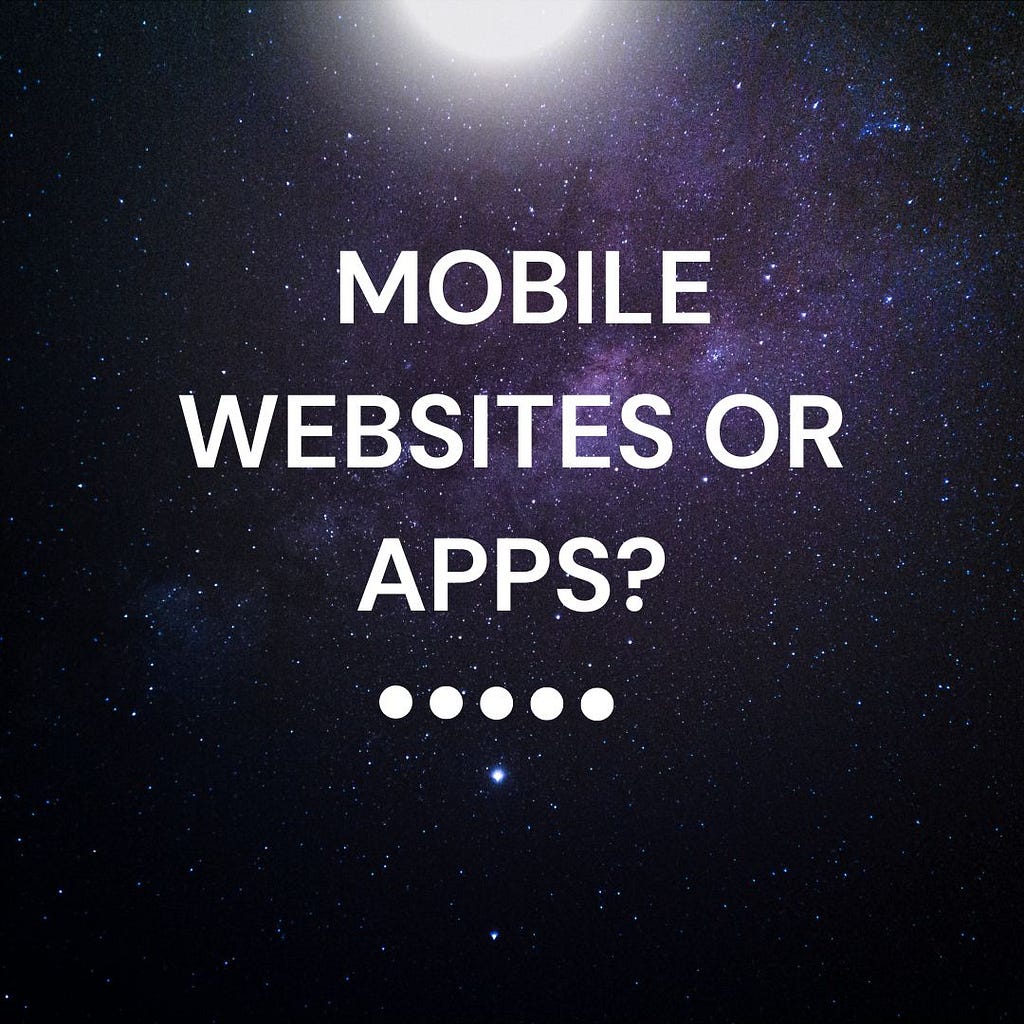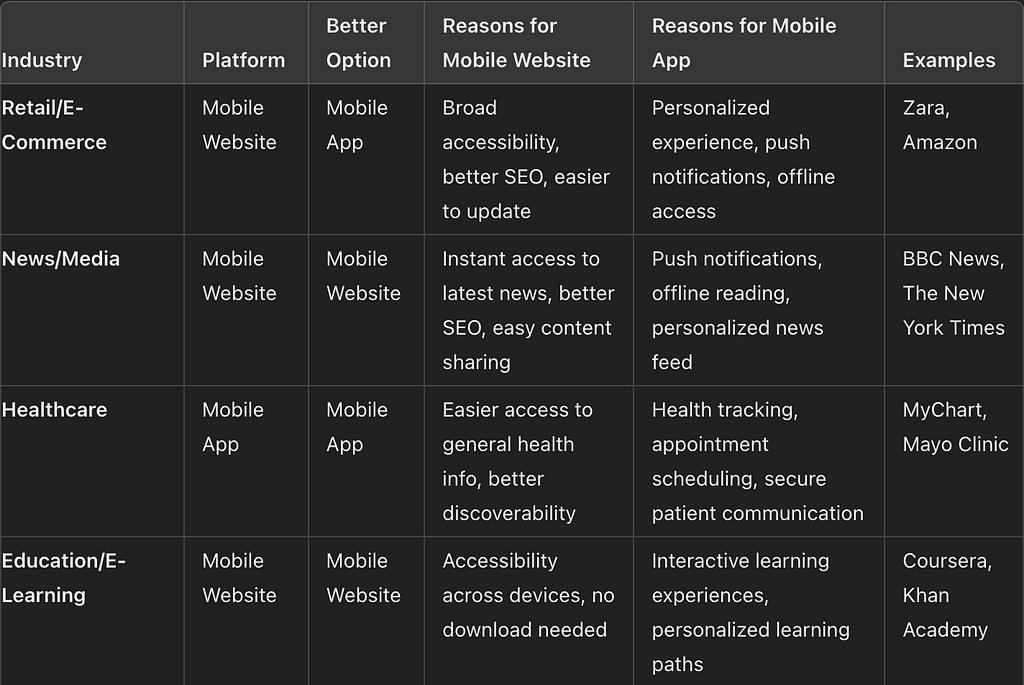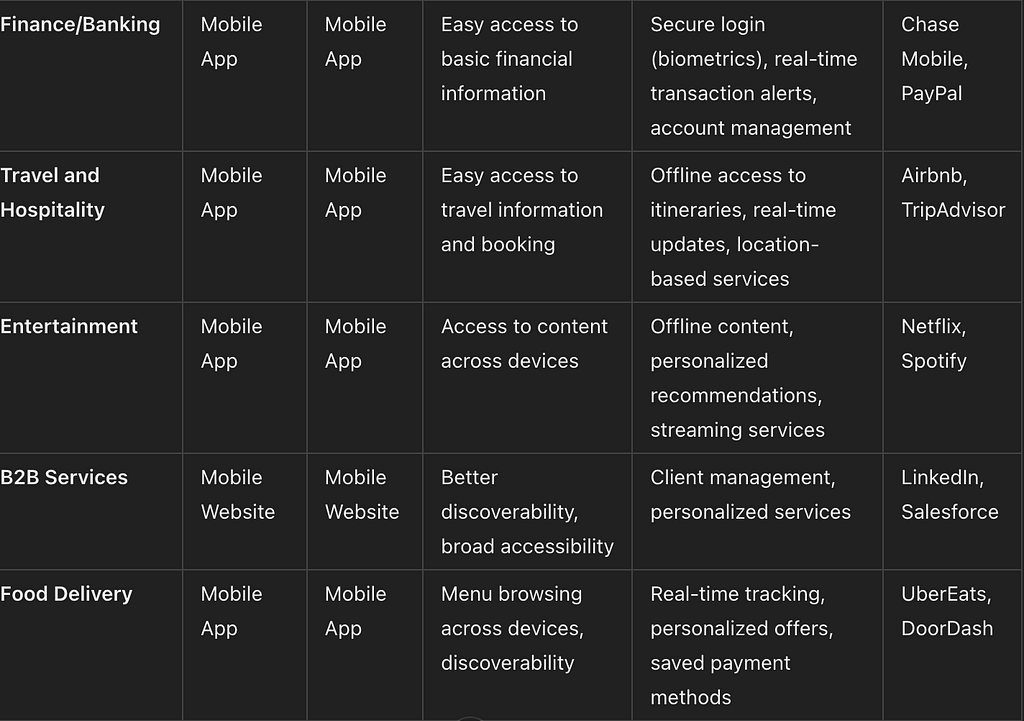
User Experience: Which Offers Better Engagement — Mobile Websites or Apps?

User Experience: Which Offers Better Engagement — Mobile Websites or Apps?
In the digital era, delivering an exceptional user experience (UX) is paramount to engaging and retaining users. When deciding between a mobile website and a mobile app, businesses often grapple with which platform offers better engagement. Both have their strengths, and the choice ultimately depends on your specific goals and audience. In this article, we’ll explore how user experience differs between mobile websites and apps, and which platform might offer better engagement.
Core Differences: Mobile Websites vs. Apps
When it comes to mobile platforms, the primary choice is between a mobile website and a mobile app. A mobile website is a site optimized for mobile devices, featuring a responsive design that ensures usability across different screen sizes. On the other hand, a mobile app is a standalone application downloaded and installed on a mobile device, offering a more tailored user experience.
Example: Zara’s Mobile Presence
To illustrate, consider Zara, a global clothing retailer. Zara offers both a mobile website and a mobile app. The mobile website is easily accessible from any device, requiring no download, and provides a consistent shopping experience across all platforms. However, their mobile app offers a more immersive experience with smoother navigation, personalized recommendations, and the ability to save items offline. While the app provides richer engagement, the mobile website offers broader accessibility.
Engagement Through Accessibility: The Advantage of Mobile Websites
Mobile websites are inherently more accessible than mobile apps. Users can easily access a mobile website from any device with a browser, without the need to download or install anything. This accessibility can lead to higher engagement rates, particularly for users who are looking for quick information or casual browsing.
For instance, consider the example of BBC News. The BBC News mobile website allows users to instantly access the latest articles, videos, and live updates without the need for an app. This instant accessibility ensures that users can engage with content quickly and share it easily, enhancing the user experience and increasing the likelihood of return visits.
Example: BBC News Mobile Website
In contrast to its app, the BBC News mobile website is better suited for users who prefer instant access to information. There’s no need to worry about storage space or app updates, making the mobile website an attractive option for users who want immediate and easy access to news content.
Engagement Through Personalization: The Strength of Mobile Apps
While mobile websites excel in accessibility, mobile apps often offer deeper engagement through personalization and advanced features. Mobile apps can utilize the device’s capabilities, such as sending push notifications to keep users engaged, even when they aren’t actively using the app. This direct communication channel can significantly boost user engagement.
Mobile apps also offer a more tailored experience. For example, the Zara mobile app provides personalized recommendations based on the user’s previous shopping behavior, making the shopping experience more engaging and relevant. Additionally, the ability to use the app offline ensures that users can continue browsing products even without an internet connection, further enhancing the user experience.
Performance and Speed: Apps vs. Mobile Websites
Performance is another key factor influencing user engagement. Mobile apps typically offer superior performance and speed compared to mobile websites because they are optimized for specific devices. Apps can leverage the device’s hardware, leading to smoother interactions and faster load times. This enhanced performance can translate into better user experience and higher engagement levels.
However, it’s important to note that mobile websites have made significant strides in performance optimization. With technologies like Progressive Web Apps (PWA), mobile websites can now offer app-like experiences, including faster load times and offline capabilities, narrowing the gap between mobile websites and apps in terms of user experience.
SEO and Discoverability: A Mobile Website Advantage
When it comes to SEO (Search Engine Optimization) and discoverability, mobile websites have a distinct advantage. Mobile websites are indexed by search engines, making them easier to find through organic search results. This increased visibility can drive more traffic to your site, leading to higher engagement levels. In contrast, mobile apps require users to visit an app store and search for the app, which can limit their discoverability.
Industry-Specific Recommendations: Mobile Websites vs. Apps



Conclusion: Which Platform Offers Better Engagement?
The decision between a mobile website and a mobile app depends on your business objectives and the needs of your audience. Mobile websites offer broader accessibility and discoverability, making them ideal for reaching a wide audience quickly. On the other hand, mobile apps provide a more personalized and immersive user experience, often leading to deeper engagement through features like push notifications and offline access.
In some cases, the best approach might be to utilize both platforms, offering a mobile website for general access and a mobile app for a more tailored, engaging experience. By understanding the strengths of each platform, you can make an informed decision that best suits your business and enhances your overall user engagement strategy.
